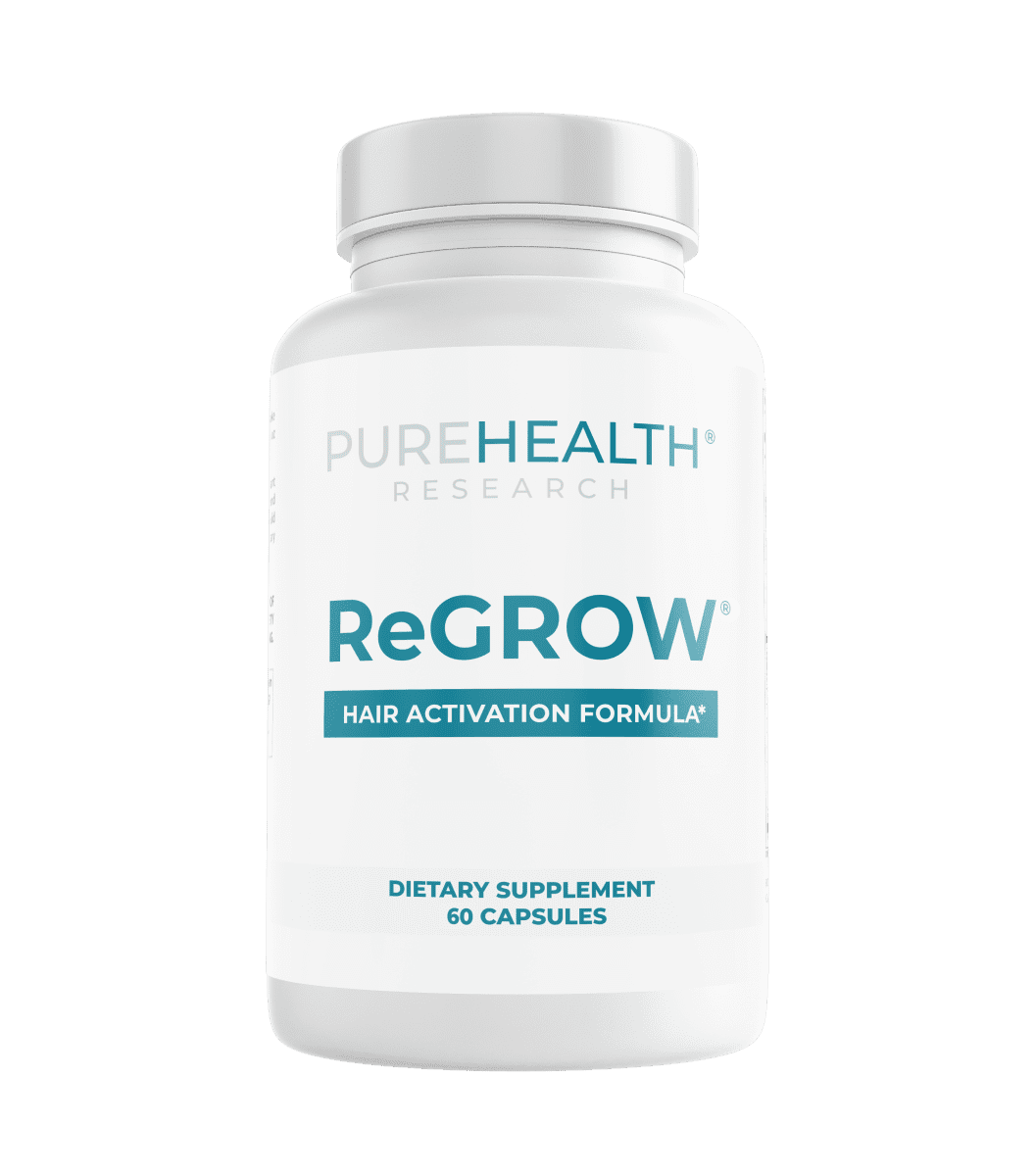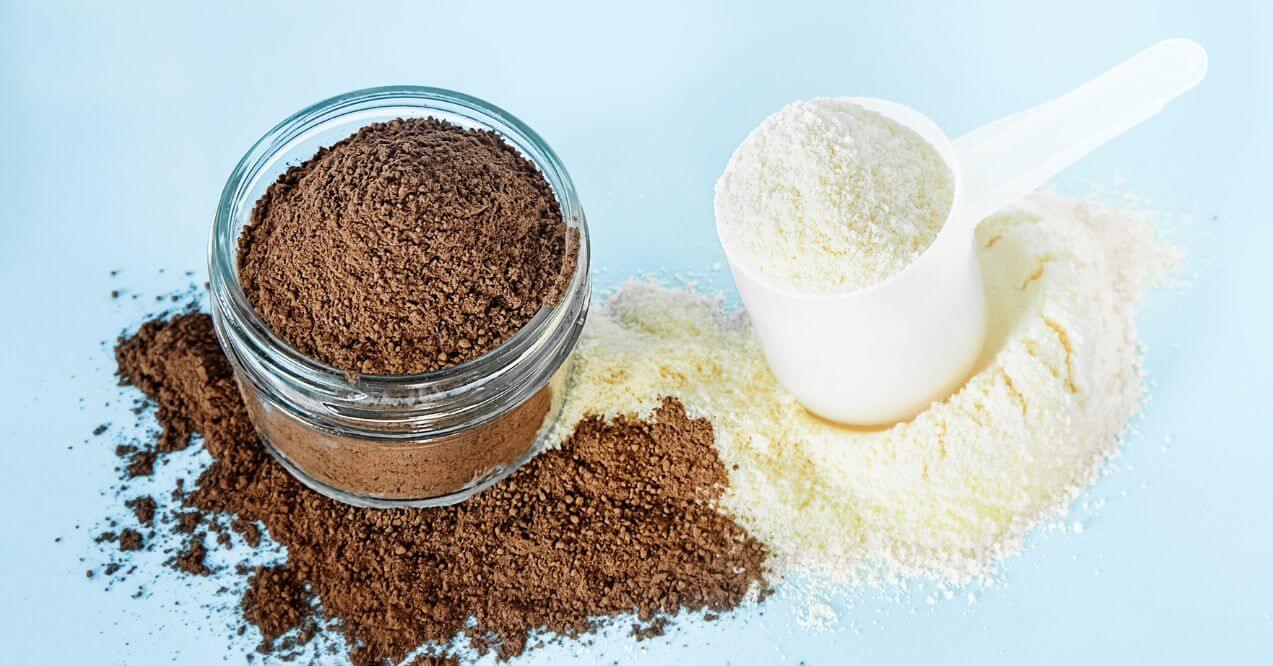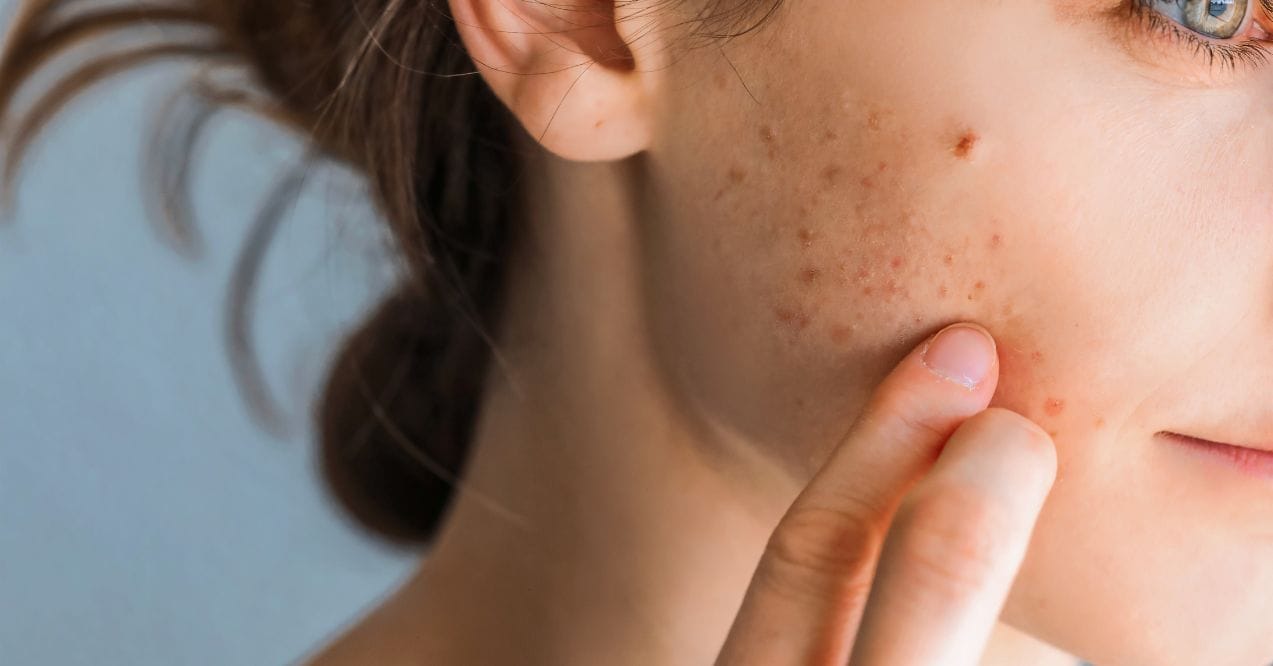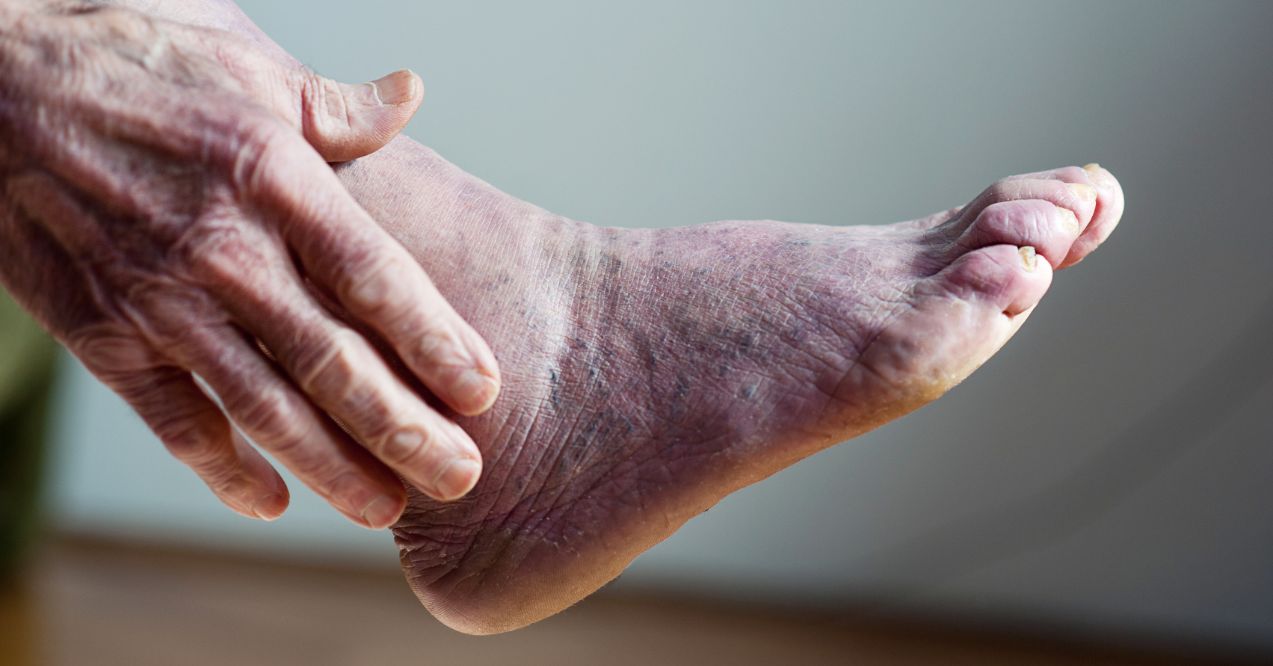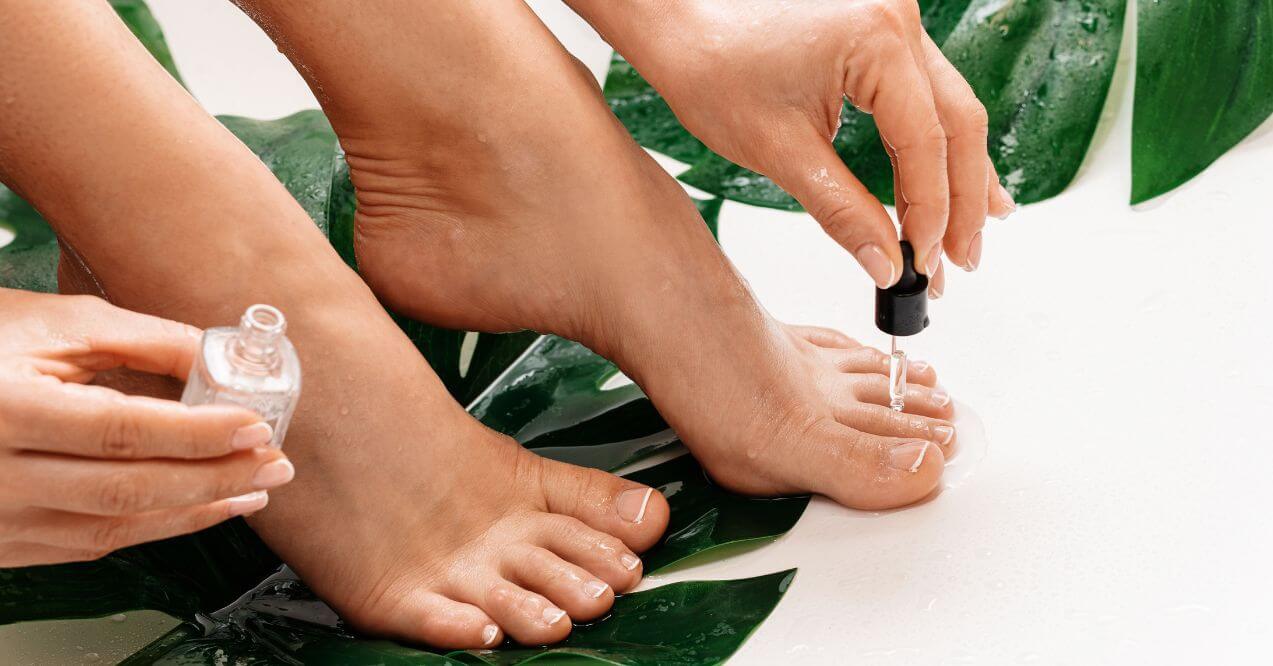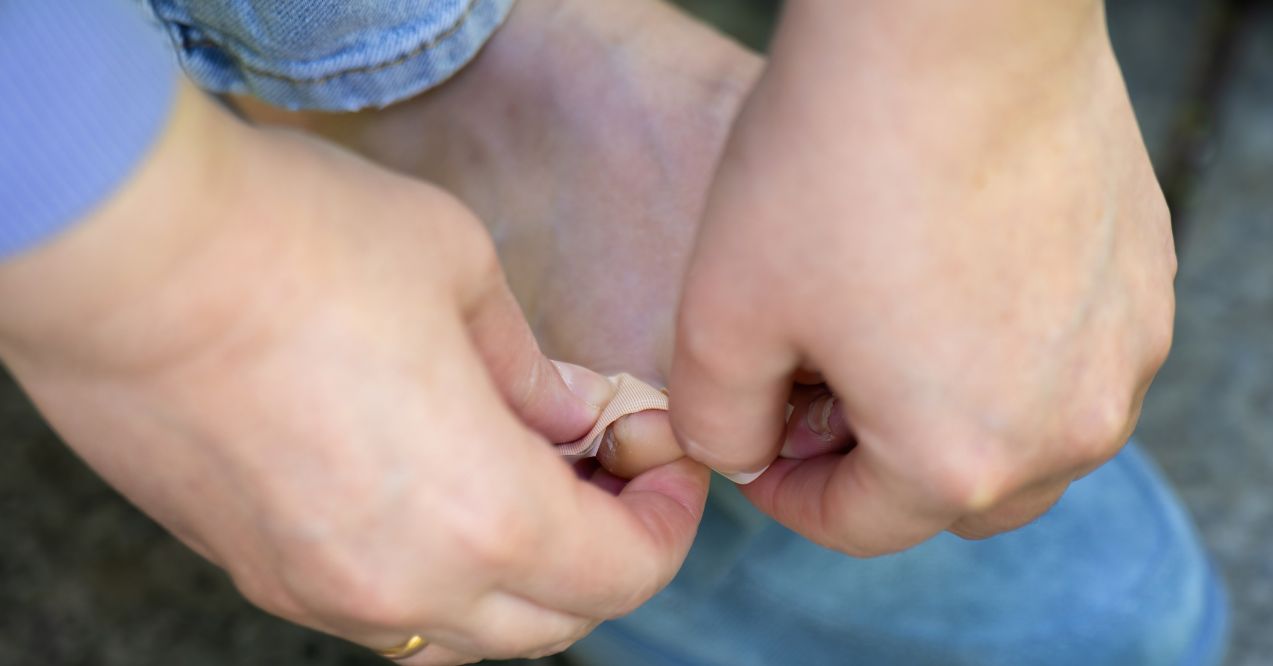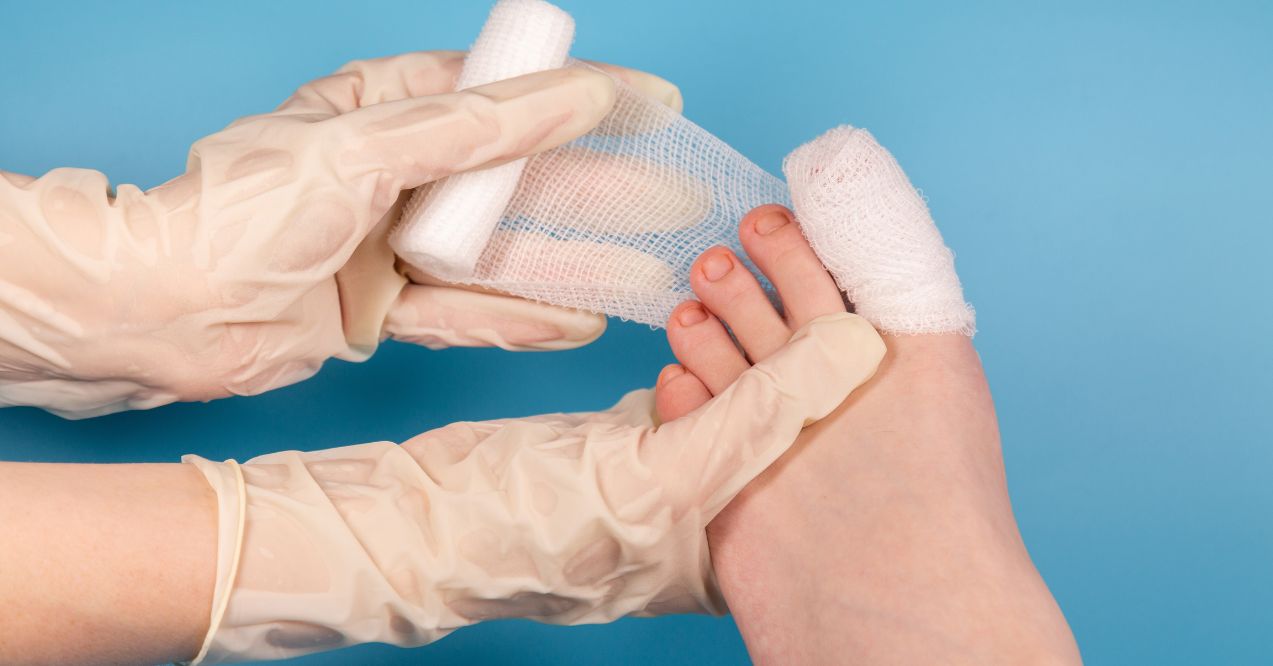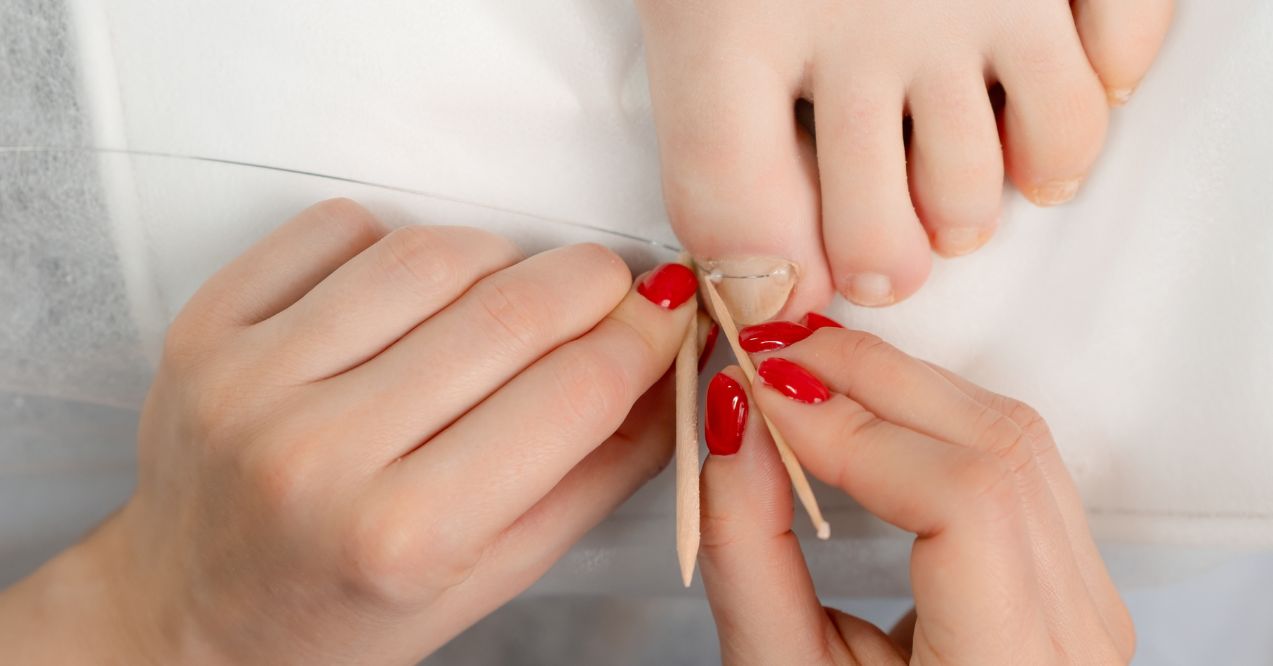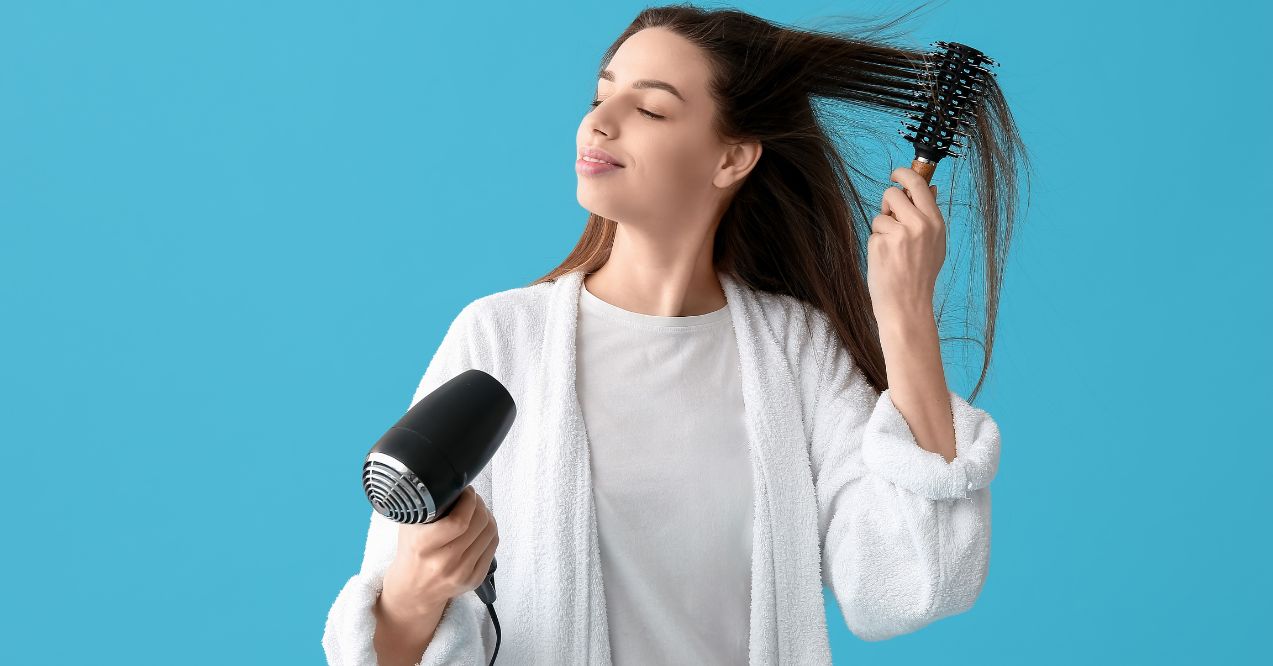Can Conditioner Cause Hair Loss? (Secret Tip Inside)


Can conditioner cause hair loss? This question often lingers in the minds of many who diligently use hair care products in pursuit of luscious, healthy locks. In the realm of common hair care essentials, conditioner stands as a crucial ally, playing a pivotal role in nourishing and fortifying our tresses. But amidst its many benefits, concerns about its potential link to hair loss surface, stirring anxiety in those who cherish their hair.
In this blog post, we’re going to tackle this topic head-on. Hair is more than just a feature; for many, it’s an integral part of their identity and self-esteem. We’ll explore the connection between conditioner and hair health, aiming to provide clarity on this complex issue for everyone who holds their hair dear.
Can Conditioner Cause Hair Loss?
At its core, conditioner is designed to moisturize and protect hair, working to detangle, smooth, and enhance shine by coating the hair shaft with nourishing ingredients. Scientifically, conditioners typically contain compounds like silicones, proteins, and natural oils, which help to reinforce hair’s natural defenses against environmental damage and styling stress.
However, the myth of conditioner causing hair loss likely stems from misunderstanding its usage and ingredients. It’s important to note that while conditioners are beneficial for hair health, improper application, such as not thoroughly rinsing or using a formula not suited to your hair type, may lead to build-up, which may give the false impression of hair loss.
In reality, conditioners, when used correctly, are not only safe but also vital for maintaining healthy, resilient hair. Thus, the science underpinning hair care reinforces the value of conditioners while dispelling fears of them being detrimental to hair health. Additionally, it is important to know what are the most important factors influencing hair growth?
Why Conditioner Makes It Seem Like You’re Losing Hair?
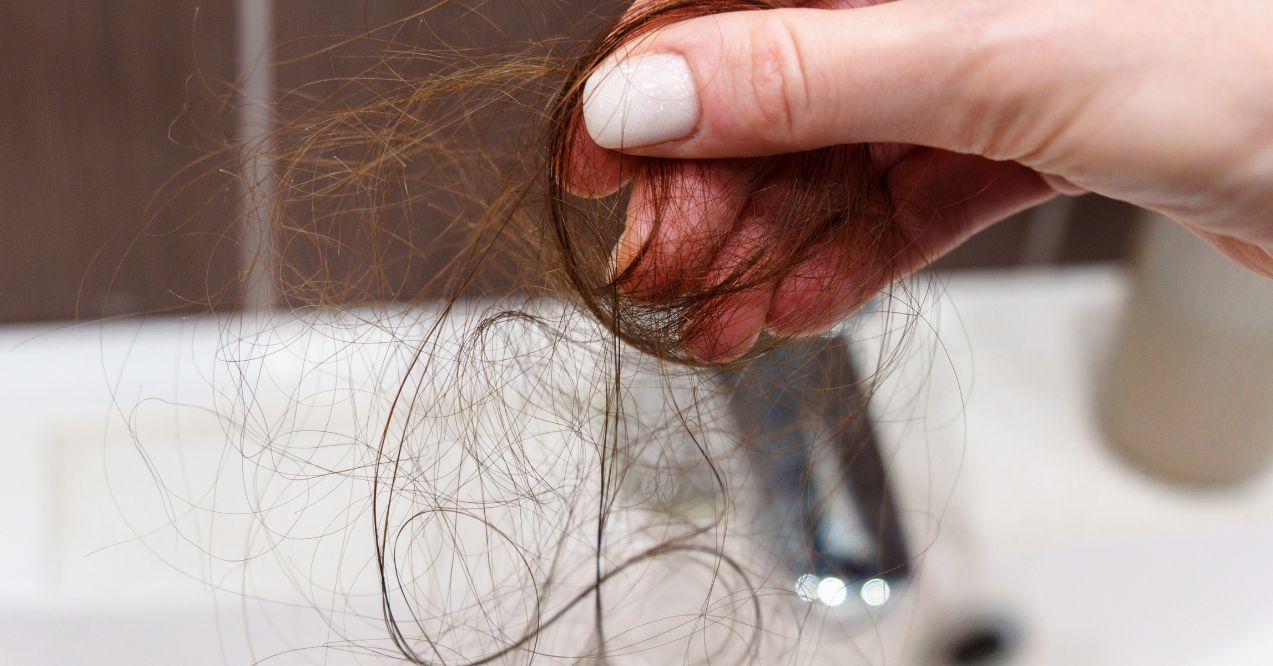
This phenomenon can be perplexing, but the explanation lies in the natural process of hair shedding and the role of conditioner in this cycle. On average, it’s normal to shed between 100 to 200 hairs a day as part of the hair’s natural renewal process and if you ever wondered how long does it take to grow your hair back? On average it’s 12 centimeters or 5 inches per year.
Conditioners, with their smoothing and detangling properties, often make hair strands slip out more easily, especially if they are already in the shedding phase. This may create the illusion of increased hair fall. The slipperiness induced by conditioners, particularly those with silicone or other smoothing agents, means that hairs that were already loose and ready to fall out are more likely to be rinsed away during your shower.
This is a normal part of the hair cycle and not a sign of increased hair loss. Understanding this might help alleviate concerns about conditioners causing excess hair fall, as it’s more about the natural shedding process becoming more visible rather than the conditioner causing additional hair loss.
Can Conditioner Have Any Negative Impact On Your Hair?
Conditioners are essential in maintaining hair health, but like any product, they might have drawbacks if not used correctly. One of the primary concerns with conditioners is the potential for buildup. Heavy or silicone-based conditioners may leave residues on the hair and scalp, leading to heaviness and a lack of volume, particularly in fine hair. This buildup might also affect scalp health, potentially causing irritation or exacerbating conditions like dandruff.
Another issue is over-conditioning. When used excessively, conditioners might make hair feel limp, greasy, or overly soft, particularly in those with fine or oily hair types. This is because conditioners are designed to add moisture and create a protective layer around the hair shaft. However, too much moisture may upset the natural balance, leading to a decrease in volume and an increase in oiliness or flatness. Despite these potential negatives, the benefits of conditioners should not be overlooked.
They play a crucial role in protecting hair from environmental damage, reducing the impact of heat styling, and helping to detangle and smooth hair, making it more manageable and visually appealing. The key to harnessing these benefits without the drawbacks lies in choosing the right type of conditioner for your hair type and using it in appropriate amounts. It’s important to pay attention to how your hair responds to a conditioner and adjust usage accordingly to maintain the optimal health and appearance of your hair.
Ingredients to Avoid
When considering the ingredients in hair conditioners, it’s important to be aware that not all components are universally beneficial and some may even have undesirable side effects for certain hair types or scalp conditions.
The choice of ingredients in a conditioner might impact its effectiveness and how it interacts with your hair and scalp. Some ingredients, while popular for their immediate effects, might lead to long-term damage or build-up, affecting the overall health of your hair. Others might trigger scalp irritation or allergic reactions in sensitive individuals.
It’s also worth considering the environmental impact of certain ingredients, as some may not be eco-friendly. Understanding the potential downsides of these ingredients is key in making an informed decision about which conditioner to use. In the following sections, we will delve into specific ingredients that are often better avoided in hair care products, explaining why they might not be the best choice for everyone:
Parabens
Parabens are chemicals that are widely used as preservatives in many cosmetic and personal care products, including hair conditioners, to extend their shelf life by preventing the growth of bacteria and fungi. The most common parabens found in hair care products are methylparaben, propylparaben, and butylparaben.
The concern with parabens stems primarily from studies suggesting that they might penetrate the skin and remain within tissue, potentially disrupting hormone function by mimicking estrogen. This has raised questions about their role in influencing hormonal balances and possibly contributing to health issues.
Additionally, while parabens are generally considered safe in small amounts, their cumulative effect from multiple products raises potential concerns, especially for individuals with sensitive skin or scalp conditions, who might experience irritation or allergic reactions.
Moreover, the environmental impact of parabens is another area of concern. Studies have indicated that parabens might be found in water bodies, potentially affecting aquatic life, due to their ability to withstand sewage treatment processes. As a result, many consumers and companies are turning towards paraben-free hair conditioners, seeking alternatives that are considered safer and more natural.
Sulfates
Sulfates, particularly Sodium Lauryl Sulfate (SLS) and Sodium Laureth Sulfate (SLES), are detergents known for their effective cleansing properties. They are commonly found in many hair care products, including shampoos and conditioners, due to their ability to remove dirt, oil, and other impurities, creating a rich lather.
However, the effectiveness of sulfates in cleaning may also be a downside. These ingredients may be too harsh for certain hair types and scalp conditions, potentially stripping away natural oils that are vital for maintaining hair and scalp health. This might lead to issues such as dryness, irritation, and in some cases, exacerbating scalp conditions. Those with curly or color-treated hair might find that sulfates may diminish the vibrancy of hair color and disrupt the natural curl pattern.
Polyethylene Glycols
Polyethylene Glycols (PEGs) in hair conditioners are compounds that often raise questions regarding their role and safety in hair care. These synthetic chemicals, known for their effectiveness as emollients and emulsifiers, are used in conditioners to enhance texture, allowing for easier application and distribution through the hair.
However, concerns about PEGs revolve around their potential to be contaminated with ethylene oxide and 1,4-dioxane, substances known for their carcinogenic properties. This contamination might occur during the manufacturing process. Although the levels found in personal care products are typically low and regulated, the possibility of repeated exposure through various products has led to growing unease among consumers.
Additionally, PEGs may strip the hair and scalp of natural oils, leading to dryness, especially in those with already sensitive or dry hair types.
This has prompted a shift towards PEG-free hair conditioners, particularly among those seeking more natural or gentle hair care solutions. While PEGs might enhance a conditioner’s performance and stability, understanding their potential impact is crucial for making informed choices about hair care products.
Ingredients to Look For
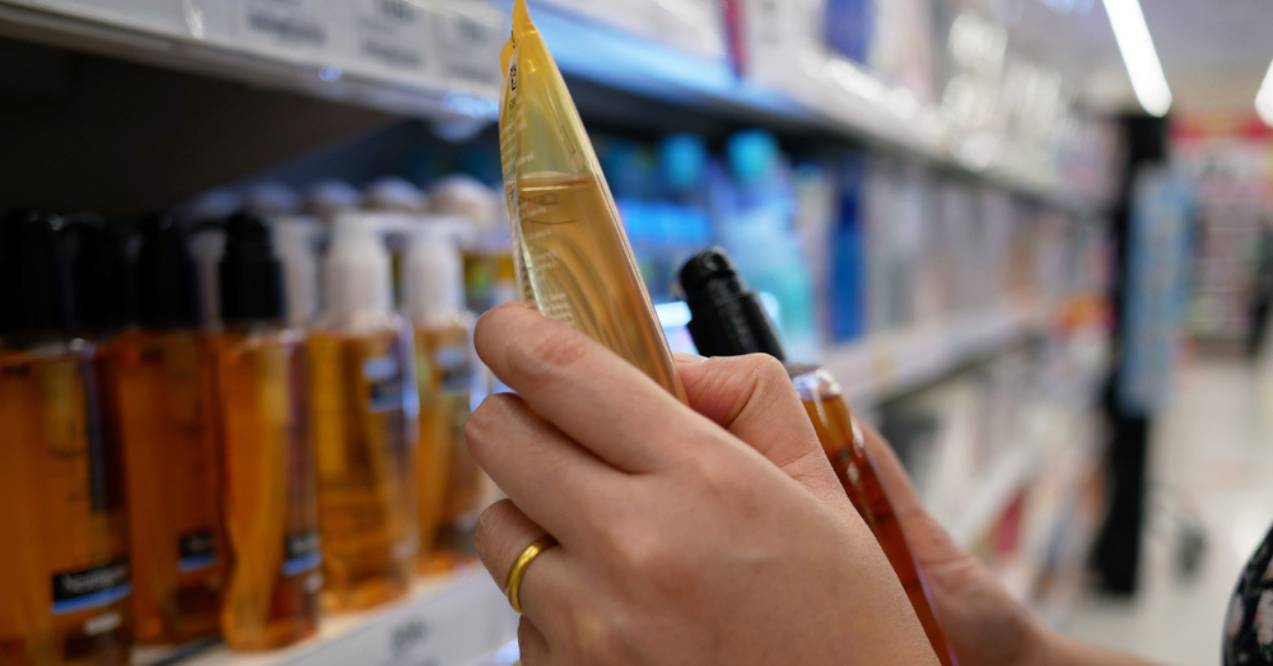
When exploring the world of hair conditioners, understanding which ingredients to look for is as crucial as knowing which ones to avoid. The right ingredients in a conditioner might make a difference in achieving healthy, vibrant, and manageable hair.
Each ingredient serves a specific purpose, whether it’s to hydrate, nourish, repair, or protect your hair. From natural oils and proteins to vitamins and botanical extracts, the composition of a conditioner plays a pivotal role in how it will interact with your hair type and address your specific hair concerns. All of them may also be considered answering the question – how to stop hair loss and regrow hair naturally?
These are the beneficial ingredients that are commonly found in hair conditioners:
Emollients
Emollients are key ingredients in hair conditioners, playing a crucial role in softening and smoothing the hair. They come in both natural and synthetic forms, each offering unique benefits.
Natural emollients, derived from sources like plant oils, shea butter, and natural waxes, are celebrated for their nourishing properties. They not only smooth the hair but also provide essential nutrients and have a lesser likelihood of causing scalp irritation, making them ideal for those with sensitive skin or preferring natural hair care routines.
On the other hand, synthetic emollients, such as silicones and mineral oils, are known for their exceptional ability to create a sleek, shiny appearance by coating the hair. While they are highly effective in taming frizz and adding gloss, they may sometimes lead to buildup, requiring regular cleansing to maintain hair health.
Both natural and synthetic emollients have their place in hair care, and the choice between them often depends on individual hair types, concerns, and personal preferences regarding natural versus synthetic ingredients.
Proteins
Proteins in hair conditioners play a fundamental role in strengthening and repairing hair. These proteins, which may vary from keratin to silk proteins, help to replenish the hair’s natural protein content, lost due to damage from environmental factors, heat styling, or chemical treatments.
Keratin, for instance, is a protein naturally found in hair, and using it in conditioners helps in reinforcing the hair’s structure, making it stronger and more resilient. Silk proteins, on the other hand, are known for their moisture-binding properties, adding softness and shine to the hair.
While proteins are beneficial, it’s important to use them in the right balance. Overuse might lead to protein buildup, making the hair feel stiff and brittle. This is particularly relevant for those with low-porosity hair, as their hair tends to accumulate protein on the surface.
Choosing a conditioner with the right type and concentration of proteins is essential for maintaining the health and vitality of the hair, providing it with the strength it needs while preserving its natural flexibility and shine.
Natural Oils and Butters
Natural oils and butters in hair conditioners are like a feast of nourishment for the hair. These ingredients, sourced from nature’s bounty, are renowned for their deep moisturizing and conditioning properties. Oils such as coconut, argan, jojoba, and olive oil, each offer unique benefits.
For instance, coconut oil is known for its penetrating ability, helping to strengthen the hair shaft from within, while argan oil is celebrated for its rich vitamin E content, providing a lustrous shine and tackling frizz. Similarly, butters like shea and cocoa butter are excellent for hydrating and sealing moisture in the hair, making them ideal for dry or curly hair types.
These natural ingredients not only impart essential nutrients but also work to protect the hair from environmental stressors The use of natural oils and butters in conditioners is particularly popular among those seeking organic or eco-friendly hair care solutions. They provide a sustainable, chemical-free alternative to synthetic ingredients, promoting healthier hair and scalp while also being kind to the environment.
Their ability to naturally rejuvenate and protect the hair makes them a highly sought-after choice in the formulation of nurturing hair conditioners.
Coconut Milk
Coconut milk in hair conditioners is a luxurious, nourishing ingredient that offers a multitude of benefits for the hair. Extracted from the meat of mature coconuts, this creamy milk is rich in vitamins, minerals, and fatty acids, making it an excellent natural moisturizer. In hair care, coconut milk helps to restore dry, damaged hair, imparting a silky smoothness and enhancing its overall health and appearance.
The natural fatty acids in coconut milk are particularly effective in reducing protein loss from the hair, a common issue for damaged or chemically treated hair. These nutrients penetrate the hair shaft, nourishing the hair from within, and help in maintaining its natural elasticity and strength.
Furthermore, coconut milk has a soothing effect on the scalp, which might be beneficial for those with dry or irritated scalps. The use of coconut milk in conditioners also adds a tropical, soothing aroma, making the hair care experience both indulgent and therapeutic.
Secret Hair Tip – Use App to Check The Ingredients
A secret hair care tip for the modern consumer is the use of apps like Yuka, INCI Beauty, and Think Dirty to scrutinize the ingredients in hair conditioners. In an era where ingredient transparency is more important than ever, these apps serve as invaluable tools.
By simply scanning the product’s barcode, these apps provide detailed insights into the ingredients used, highlighting any potentially harmful components, such as harsh sulfates, parabens, or silicones. They use comprehensive databases and research to evaluate the safety and environmental impact of each ingredient, offering users a clear, understandable rating system.
This empowers consumers to make informed decisions about the products they use, aligning their hair care choices with their health and environmental concerns. Additionally, these apps often provide alternative product suggestions that are safer or more eco-friendly, making it easier for users to find hair care options that are in harmony with their personal values and hair care needs.
In a market flooded with countless hair care products, these apps are valuable allies in navigating the complex world of hair conditioner ingredients, ensuring that the choice you make is not only good for your hair but also for your overall well-being and the environment.
Try Out Hair Growth Supplements
In the quest for fuller, healthier hair, many are turning towards hair growth supplements as a potential solution. These supplements are formulated to provide essential nutrients that may support hair health and promote growth. Typically, they include vitamins, minerals, and other compounds that are believed to be beneficial for hair strength and vitality.
For instance, ingredients like biotin, vitamin E, and omega fatty acids are commonly found in these supplements, each playing a role in nourishing the hair from within. While results may vary based on individual factors such as genetics, diet, and overall health, some users report improvements in hair thickness, growth rate, and overall appearance.
PureHealth Research has developed ReGROW – HAIR Activation Formula, a supplement crafted by Dr. Holly Lucille, ND, and her team. This capsule is packed with nearly two dozen natural ingredients, including Vitamin A, C, D3, Biotin, Iodine, Zinc, Selenium, and Copper, making it one of the best supplements for skin and beauty.
Integrating this formula into your daily regimen is effortless, requiring the consumption of just two capsules a day. This simplicity ensures that it may become a part of your regular health and wellness routine. The primary goal of the ReGROW – HAIR Activation Formula is to foster the natural regrowth of hair. By providing the scalp and hair follicles with essential vitamins and minerals, it lays the groundwork for stronger, more resilient hair.
Additionally, the formula is engineered to support various aspects of hair quality. It aims to nourish the hair, infusing it with the necessary nutrients that promote not only strength and flexibility but also contribute to the hair’s volume, coverage, thickness, and shine.
Key Takeaways
Can conditioner cause hair loss?
- Conditioners are essential for hair health, not causing hair loss but enhancing shine and strength when used correctly.
- Misconceptions about conditioners causing hair loss often arise from improper application or not choosing the right type for your hair, leading to buildup.
- Conditioners might make natural hair shedding more noticeable, but this doesn’t mean increased hair loss. Negative impacts like buildup and over-conditioning may occur, especially in fine or oily hair, if conditioners are not used appropriately.
- Use of apps like Yuka, INCI Beauty, and Think Dirty is recommended for checking conditioner ingredients for safety and environmental impact.
- Hair growth supplements, like PureHealth Research’s Regrow Hair Activation Formula, might support hair health and promote growth, containing nutrients like vitamins A, C, D3, Biotin, Iodine, Zinc, Selenium, and Copper.
Ingredients to be cautious of in conditioners:
- Parabens: Potential hormone disruptors, may cause irritation or allergic reactions.
- Sulfates: Might strip natural oils, leading to dryness and irritation.
- Polyethylene Glycols (PEGs): Possible contamination with harmful substances and may cause dryness.
Beneficial conditioner ingredients include:
- Emollients
- Proteins
- Natural oils
- Coconut milk
No, too much conditioner itself does not cause hair loss. However, overuse may lead to buildup on the scalp and hair, potentially making hair appear limp and greasy. It’s important to use conditioner appropriately and choose a formula suited to your hair type to maintain optimal scalp and hair health.
Certain chemicals in hair conditioners, like sulfates or parabens, might potentially contribute to hair and scalp issues. While they don’t directly cause hair loss, they may lead to scalp irritation or dryness, which may indirectly affect hair health. Choosing conditioners with milder, hair-friendly ingredients is advisable for optimal hair care.
No, conditioner does not cause hair loss. It is designed to moisturize and protect hair. However, improper use, such as not rinsing it out thoroughly or using a formula not suitable for your hair type, may lead to buildup, creating a false impression of hair loss.
Popular Articles
Advertisement. This site offers health, wellness, fitness and nutritional information and is designed for educational purposes only. You should not rely on this information as a substitute for, nor does it replace, professional medical advice, diagnosis, or treatment. If you have any concerns or questions about your health, you should always consult with a physician or other health-care professional. Do not disregard, avoid or delay obtaining medical or health related advice from your health-care professional because of something you may have read on this site. The use of any information provided on this site is solely at your own risk.
